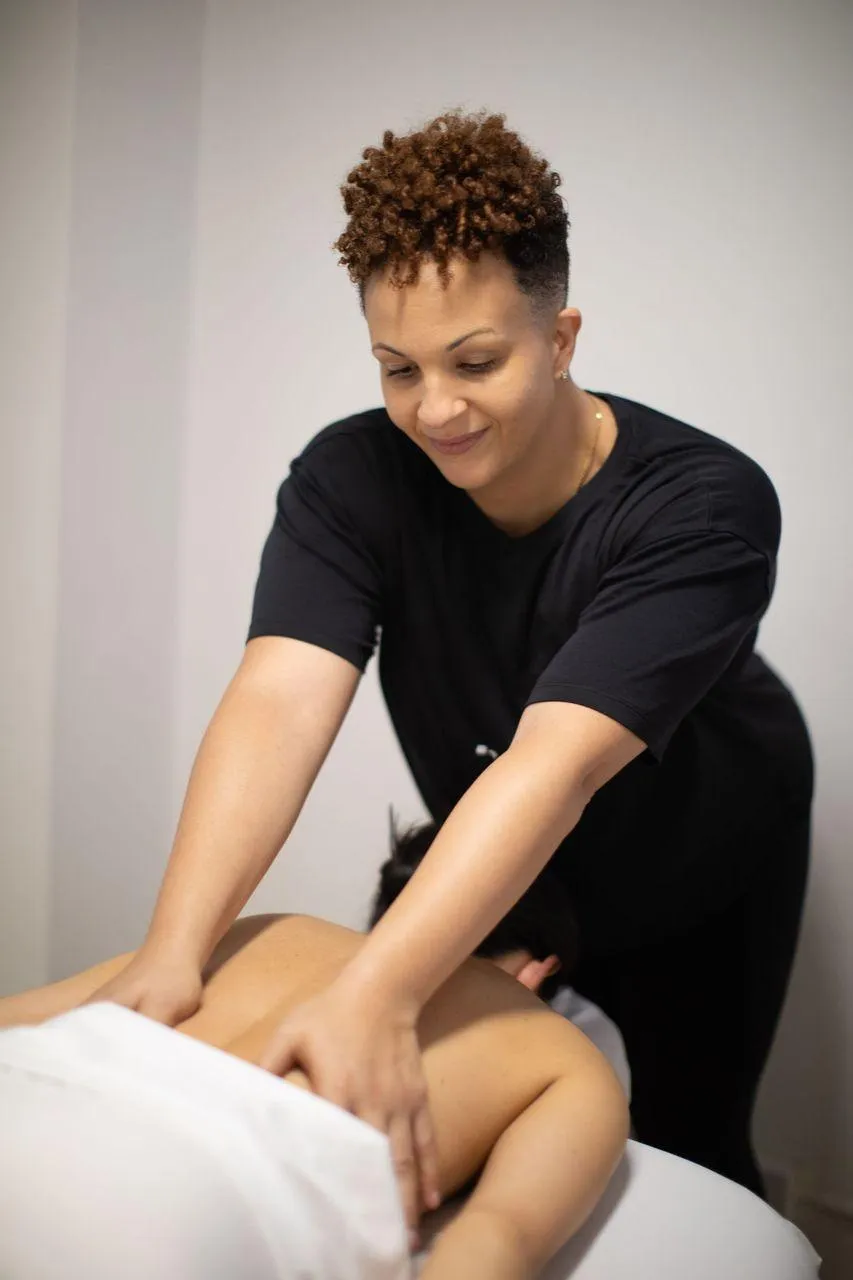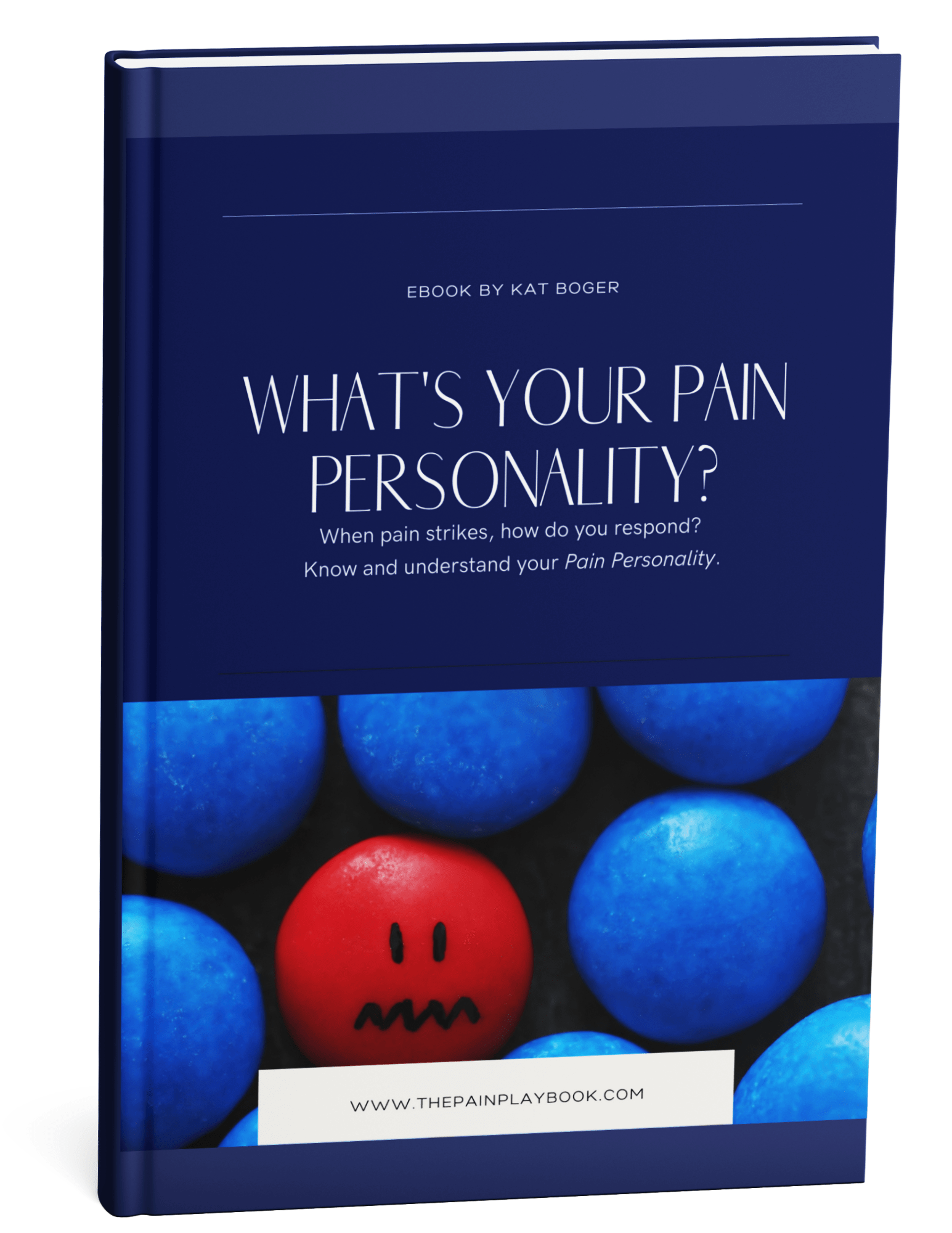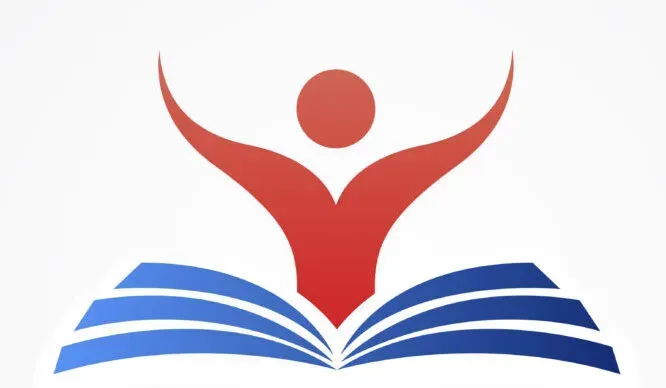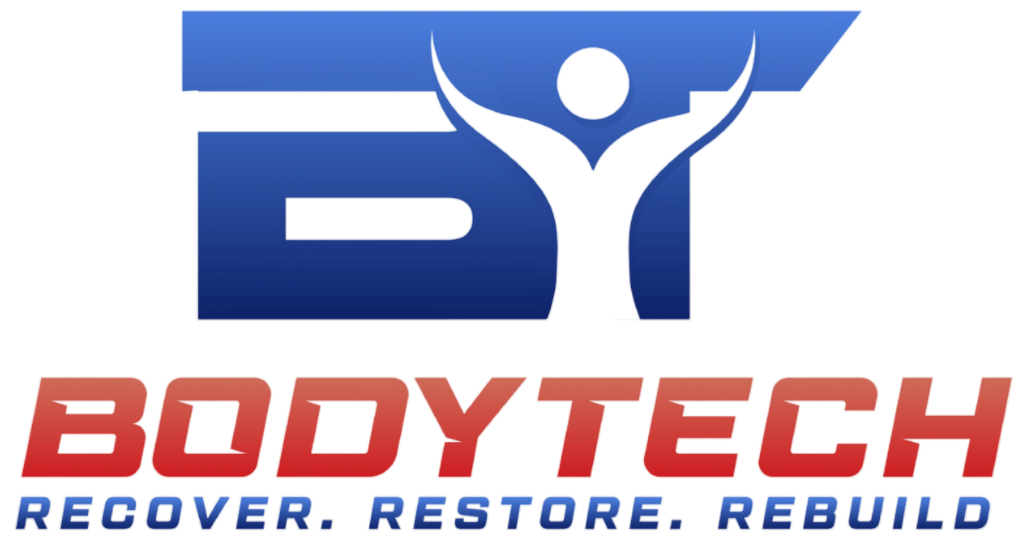RECOVERY. REDEFINED.
MOVEMENT IS MEDICINE.
HEALING STARTS HERE.
BodyTech is built for people who refuse to let pain define them. We make the connection between science, movement, and recovery — and turn it into real results.
About Us


Built for Healing.
Backed by Purpose.
About BodyTech
Built for Healing.
Backed by Purpose.
At BodyTech, recovery isn’t just what we do — it’s who we are.
BodyTech was created to transform the way people experience healing: through movement, intention, and a deep understanding of the human body’s power to rebuild.
Whether you’re navigating post-surgical recovery, chronic pain, or performance plateaus, BodyTech provides the strategies, tools, and support to help you move forward with strength and purpose.
Our Services
Your Recovery, Your Way.
featuring
THE PAIN PLAYBOOK

Because Healing Isn’t Just Physical. It’s Personal.
The Pain Playbook is the education hub powered by BodyTech where we turn science and experience into self-management strategies you can use. From stress and pain to hormonal health and recovery hacks, we explore the why behind the work and how to reclaim control over your healing journey.
WHY BODYTECH?
Experience You Can Feel. Expertise You Can Trust.
Recovery built around you, not just your diagnosis.
Movement-based solutions rooted in science and experience.
Coaching that empowers you to self-manage, not just survive.
A team that treats you like a person, not a protocol.
Real Stories. Real Recovery.

Alex C.
trainer with hip pain & discomfort)
Alex C.
trainer with hip pain & discomfort)

Kat is a magician! It took her literally one minute to figure out what was causing my problems and I walked out pain free after one session!

Theresa P.,
client with lymphadema
Theresa P.,
client with lymphadema

Kat is a wonderful caring professional therapist.

Rob F.
Rob F.

Kat is amazing and, hands down the best in the business.

Clea M.
Clea M.

Pedro has been an incredible trainer with an impressive depth of knowledge and experience. At 55, I’m stronger than ever and excited to see what I can accomplish. With Pedro showing me, I can exceed my own expectations.

Stephanie W.
Stephanie W.

In the time that I’ve been training with Pedro, I’ve become stronger and fitter.”

Peter G.,
marathon runner
Peter G.,
marathon runner

I think I have a pretty low tolerance to pain, but Kat does a great job of getting deep into my muscles without causing a lot of pain."
Browse Our Articles

Pain Personalities
Pain Personalities
Constantly in the presence of pain – whether personally or professionally – I think about it all the time. Over the years, I have seen people deal with pain in many different ways. It’s amazing the multitude of strategies and coping mechanisms people employ to handle pain experiences.
When the gauntlet is thrown, how do you meet the pain challenge?
After careful consideration and tons of conversations with my community, I organized pain responses into six (6) umbrella categories:
1. The Pleaser
Here we have classic avoidance. This pain personality steers clear of conflict in any form. Whether acute or chronic pain, it doesn’t matter the location in the body, the time of day, or the way it presents. The lengths to which a Pain Pleaser will go to avoid acknowledging or confronting the pain may even seem unreasonable or disproportional to the actual experience. They may completely avoid using or giving attention to the offending body part, or they will completely avoid any activity that involves the general area. The Pain Pleaser will worry that they “cause offense” to the pain (when the pain may or may not have biologically resolved).
In addition, what makes the Pain Pleaser such an avoider is that regardless of the types of pain potentially experienced, there is an overwhelming fear of experiencing any pain whatsoever. Rather than experience any pain, the Pain Pleaser will isolate to avoid all activities, interactions, or situations that could possibly bring confrontation.
2. The Cold Shoulder
Ever been ignored by someone? This pain personality totally ignores the pain challenge, and in fact might even exist in spite of it. The Cold Shoulder doesn’t listen to what their pain is saying, doesn’t listen to the body. This person altogether ignores the conversation pain is trying to have.
There might also be a feeling of “if I don’t give it attention, it will go away.” The Cold Shoulder person will do things in spite of the pain, ignoring the signs and symptoms that feel limiting. They intentionally ignore pain, including the protecting mechanisms in order to remain in control or feel strong.
3. The Pusher
The Pusher is an intense character. This pain personality will push through the pain challenge in order to keep moving forward. In spite of the pain experienced, the Pusher will always feel like they have not done enough. Like the Cold Shoulder personality, they do not want to feel limited. Where they differ, the Pusher acknowledges the pain challenge and answers with intense ambition.
The pain challenge is just a hurdle, not a blockage. Pushers can be really motivating and their no nonsense, do better attitude can attract others. Critical not just of themselves, the Pusher will have high standards for everyone. There is an expectation of success and always being better.
Motivated rather than restricted by their pain, Pushers understand how to fix and/or work around obstacles. They are not concerned about making pain worse – the worse thing would be to give in and allow pain to have any piece of control.
4. The Constant Patcher
The Patcher is a potentially dangerous one. This pain personality finds ways to patch the problem. When pain presents its challenge, the Patcher may look to medications as the answer. The more the challenge, the more the search for another patch. Yes, this sounds eerily like the beginnings of addiction. I think it only appropriate that in a pain conversation, we discuss addiction. The Patcher can rely so heavily on medications that other therapies and fixes are ignored.
Outside of meds, the Patcher may also rely on other therapies to fix and answer the pain challenges as they arise. Rather than thinking about long term solutions, this personality will look to take care of issues in the moment – however long or short those moments may be.
5. The Complainer
Very much the Debbie Downer personality, the Complainer complains. In pain or not in pain, this personality consistently sees problems instead of solutions. The Complainer may become “addicted” to the negative thoughts and feelings. Constant complaining can actually cause the brain to “rewire” (pruning) so that negative thought patterns become ingrained and positive feelings get pruned away. This keeps them in a cycle of complaining, negative attitudes, and drama. There can even be a sense that they want to draw you into the negative space. Be careful.
It’s important to draw a line here and speak to people suffering chronic pain. Those in chronic pain situations may find themselves often talking about their pain experiences. Some people in chronic pain talk regularly about their pain like some parents talk very regularly about concerns with their children. They may be labeled a complainer. However, there are differences and it’s necessary to treat each pain experience individually.
6. The Resolver
And here we have the problem solver. When pain brings a challenge, this personality leans in and tries to find ways to resolve it. Whether it be a doctor appointment, alternative therapies, researching the issue, reading a book, asking for advice, or joining a support group the Resolver wants to resolve the situation and stay productive.
I hope as you read through these pain personalities you find something that resonates with how you respond to your pain challenges. It is not all or nothing. You may find that you share qualities of a few of the personalities described. There might be pieces that really speak to you from different traits. How you cope for one pain challenge might be different from another. There is no right or wrong, good or bad.
Also, some of the traits overlap. For example, when our Pusher is overly active, we might also be giving pain the Cold Shoulder in order to keep that push strong. Pain is not just a physical experience. Besides the physical pains, what might a Pusher avoid feeling?
As you think about these coping strategies and your pain experiences, I ask again
When the gauntlet is thrown, how do you meet the pain challenge?
Ready to Move Forward?
Whether you’re recovering from surgery, managing pain, or ready to redefine how you move through life, we’re here for it. Recovery starts with the first step. Let’s take it together.







